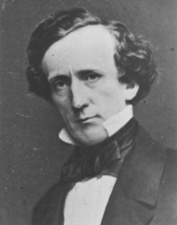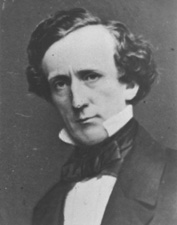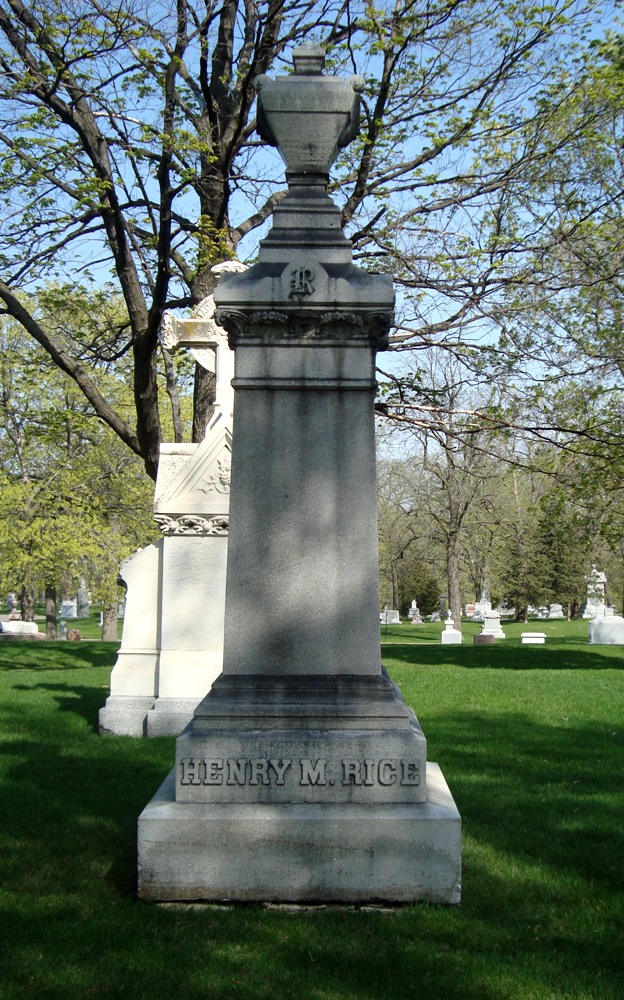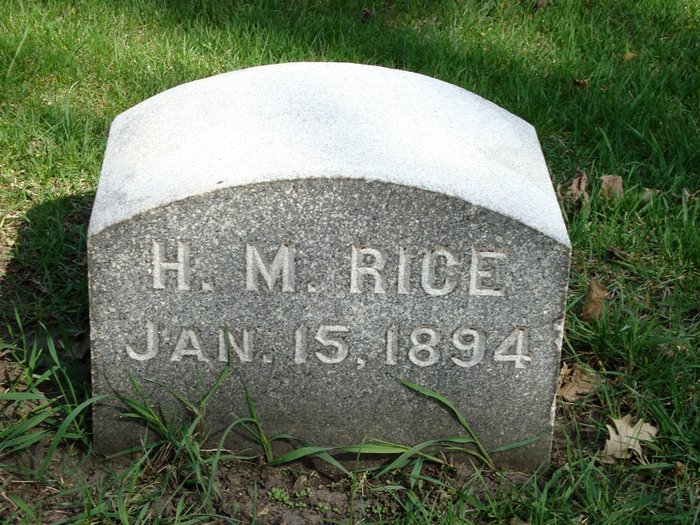Bio by: Tom Todd
Family Members
-
![]()
PVT Henry Mower "The Tree" Rice Jr
1839–1895
-
![]()
Henrietta Rice Lemmon
1842–1931
-
![]()
Lizzie Rice Rodman
1852–1888
-
![]()
Henry Mower Rice Jr
1856–1864
-
![]()
Robert Toombs Rice
1860–1863
-
![]()
Matilda Rice Auerbach
1860–1945
-
![]()
Mary Welsh Rice
1862–1864
-
![]()
Henry Mower Rice II
1868–1870
-
![]()
Frederick Durkee Rice
1871–1944
-
![]()
Margaret Holt Rice Thompson
unknown–1920
Advertisement
See more Rice memorials in:
Records on Ancestry
Advertisement

























